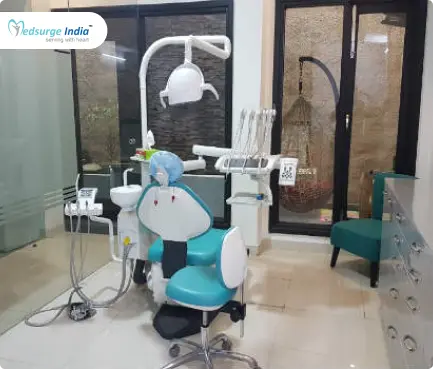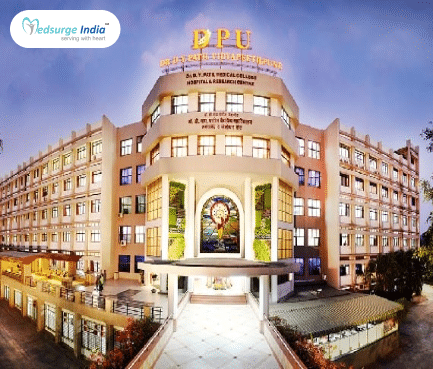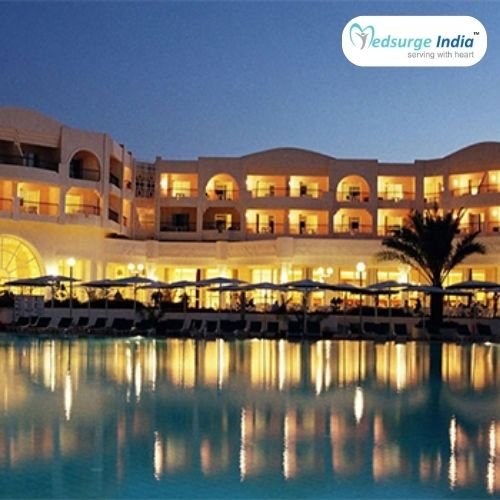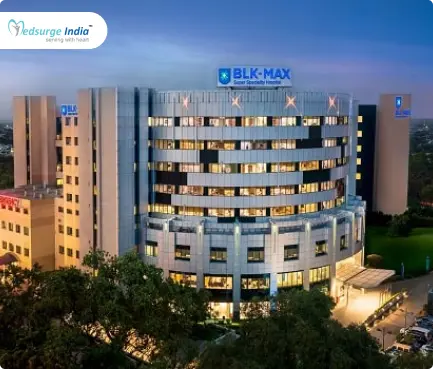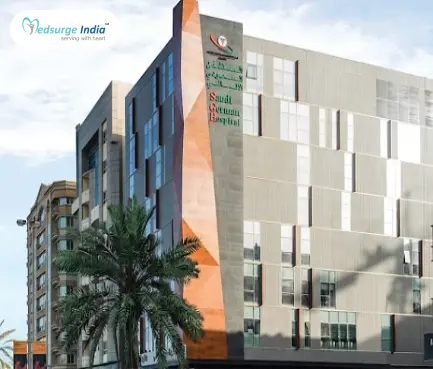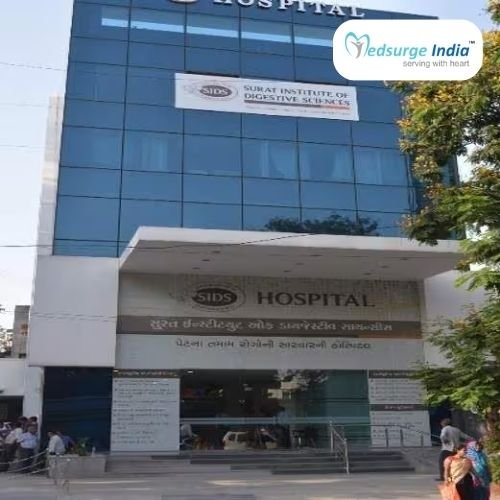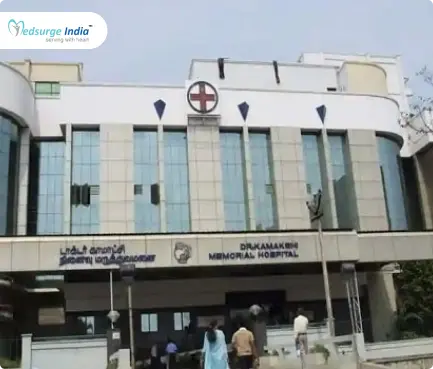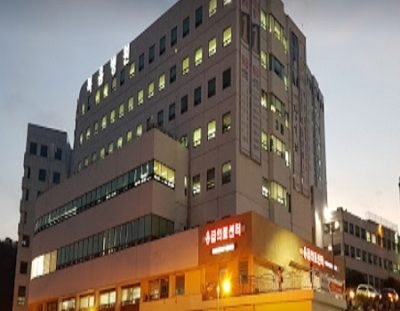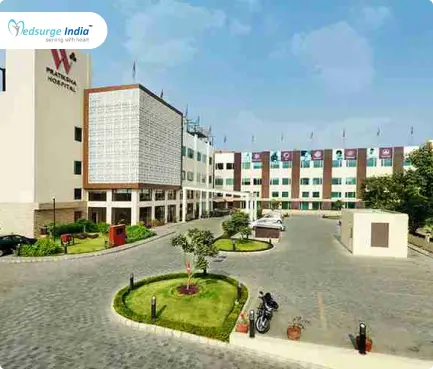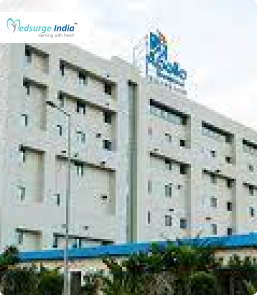
The body produces less healthy red blood cells and hemoglobin as a result of thalassemia, a genetic blood disorder (an iron-rich protein in red blood cells). The two most common types of thalassemia are alpha and beta-thalassemia. The most severe form of thalassemia is referred to as “alpha thalassemia major” or “hydrops details.” The severe form of beta-thalassemia is referred to as “cooley’s anemia” or “thalassemia minor”. Thalassemia treatment in Turkey provides you with a comprehensive strategy as well as the appropriate medical facilities. Top medical vacation destinations such as Turkey are popular among patients from all over the world seeking treatment and high-quality medical care. In Turkey, thalassemia patients are treated with chelation therapy, stem cell transplants, and routine blood transfusions.
In comparison to the cost of the identical operation in nations like the United States, United Kingdom, Germany, and others, the cost of thalassemia treatment in Turkey is much lower.
What Does Thalassemia Means?
Thalassemia is a genetic medical condition in which the body produces less hemoglobin than normal. Hemoglobin is found in red blood cells and aids in the transport of oxygen. This blood disorder can cause anemia and make the patient tired all of the time. People with mild thalassemia may not require treatment, but those with more severe forms may require regular blood transfusions or a bone marrow transplantation. The medical team assists the patient in managing fatigue by recommending a healthy diet, regular exercise, and other similar measures.
What Are the Signs and Symptoms of Thalassemia?
Thalassemia signs and symptoms are typically determined by the type and severity of the patient’s condition. Some common signs and symptoms of Thalassemia include:
- Fatigue
- Weakness
- Pale or yellowish skin
- Facial bone deformities
- Slow growth
- Abdominal swelling
- Dark urine
Read More – Thalassemia Treatment Cost In India
What Are the Types of Thalassemia?
One of two things can be meant when discussing distinct “types” of thalassemia: either the precise region of hemoglobin that is afflicted (typically “alpha” or “beta”) or the severity of thalassemia, which is denoted by terms like “trait,” “carrier,” “intermedia,” or “major.” Alpha and beta are the names of the two distinct components that make up hemoglobin, which delivers oxygen to all of the body’s cells. The term “alpha” or “beta” used to describe thalassemia refers to the portion of hemoglobin that isn’t produced. There are not enough constituent parts to produce normal amounts of hemoglobin if either the alpha or beta portion is not produced. Alpha thalassemia is low alpha. Beta thalassemia is referred to as low beta.
The terms “alpha thalassemia” and “beta-thalassemia,” which are called after flaws in these chains, refer to two different kinds of thalassemia:
1. Alpha-thalassemia
The production of the alpha hemoglobin chain involves four genes. Your parents give you two each. Upon inheriting:
- One mutated gene: You won’t show any symptoms of thalassemia if one gene is altered. However, because you have the illness, you run the risk of passing it to your offspring.
- Two mutated genes: You will have modest thalassemia symptoms because you only have two faulty genes. We could refer to this situation as an alpha-thalassemia phenotype.
- Three mutated genes: Your indications and symptoms will range from mild to severe due to three faulty genes.
2. Beta-thalassemia
The beta-hemoglobin chain is produced by two genes. Your parents each give you one. Upon inheriting:
- One mutated gene: You’ll have minor symptoms and indicators if one gene is altered. Thalassemia minor, also known as beta-thalassemia, is this condition.
- Two mutated genes: Your indications and symptoms will range from mild to severe due to two faulty genes. Thalassemia major, often known as Cooley anemia, is the name of this illness.
The majority of newborns with two faulty beta hemoglobin genes are normal at birth, but within the first two years of life, signs, and symptoms start to appear. Two faulty genes can also cause thalassemia intermedia, a lesser type.
Why Turkey Is a Top Destination for Thalassemia Treatment?
Turkey, which is frequently referred to be a Eurasian nation, is located on the border of Asia and Europe. Turkey’s culture is a distinctive tapestry that combines both eastern and western aspects, and this is furthered by its rich history as the great Ottoman Empire’s successor state. Turkey is categorized as a regional power as well as a developed nation much like the United States and Western Europe. And one of the top 10 locations worldwide for medical tourism.
Turkey is a popular choice for medical tourism for several reasons, including;
- Accredited hospitals with modern equipment
- Superior health care services
- Affordable rates
- Service and culture
- Geographical place
- Traditional, historical, natural, and tourism destinations
Three significant benefits of visiting Turkey for medical treatment are the low cost, the excellent standard of care, and the quick access to top-notch care. Turkey’s main advantage over other nations is the substantial discounts it offers. The cost of several procedures is 50% to 70% less than it would be in the EU. Turkey is conveniently situated, only two to three hours by flight from the Middle East and Europe’s largest cities. More than 70 nations offer visa-free entry to Turkey.
Know More – Medical Tourism in Turkey
Get Free Cost Estimation
Procedure
What Are the Types of Treatment Available in Turkey?
Treatment of thalassemia in Turkey depends on the type and severity of the disorder. People who have alpha or beta thalassemia or who are carriers need little or no treatment. Here are some standard treatments that are used to treat moderate and severe forms of thalassemia in Turkey, include:
- Blood transfusion
- Iron chelation therapy
- Folic acid
- Bone marrow transplant
- Medication and supplements
Coordinated multidisciplinary care, excellent clinical outcomes, access to cutting-edge technology and clinical trials, cost-effective care, a top-notch patient experience, research and innovation, and a holistic approach to patient care are all provided to patients in Turkey who comes for medical treatment. Turkey is one of the most popular travel destinations worldwide and is currently a top choice for medical tourists. The most cutting-edge medical procedures and equipment are accessible in Turkey’s private hospitals. Turkey is a popular location for medical tourism with a number of benefits in addition to having a highly equipped medical infrastructure.
How Is Bone Marrow Transplant for Thalassemia is Performed?
Bone marrow transplantation is the process of replacing damaged or diseased bone marrow cells with healthy ones. This may benefit thalassemia patients by producing healthy hemoglobin-containing blood cells. The bone marrow’s hematopoietic stem cells are progenitor cells that give rise to all types of blood cells. There are two types of bone marrow transplants: autologous, in which immature (unaffected) stem cells are extracted from the patient’s own bone marrow, and allergenic, in which healthy stem cells are extracted from a donor.
A bone marrow transplant in Turkey usually consists of three steps:
Harvesting stem cells: There are two methods for doing so-
- Bone marrow aspiration
- Peripheral blood cells
The latter is more popular because, unlike aspiration, it does not require surgery. The patient is given a medication that helps mobilise bone marrow cells to the peripheral blood in preparation for stem cell harvest. The blood is then drawn from the arm and passed through a machine that separates stem cells from other cells before being reintroduced into the body.
- Conditioning with chemotherapy: This is done to remove the patient’s damaged bone marrow and make room for the new healthy ones.
- Transfusion of stem cells: The harvested stem cells are given to the patient in the same way that blood is given.
Thalassemia Treatment Cost In Turkey
The average Thalassemia treatment cost in Turkey starts from USD 5,000 and is more budget-friendly when compared to other countries, Turkey has relatively low thalassemia treatment costs. The standard of medical care and services is also comparable to that of the world’s best hospitals.
Factors That Can Affect Thalassemia Treatment Cost in Turkey
A medical package’s price in Turkey can vary depending on a variety of factors, including
- Multidisciplinary care
- Cost-effective care
- The price of treatment packages can depend on the hospital’s preference.
- Doctor’s competence and experience in the subject.
- The patient’s situation: The patient’s disease and whether additional modalities are required for comprehensive treatment.
- Duration of hospitalization and stay in the country.
- Need for post-operative care.
- Hospital room classification.
- First-rate patient experience
- Research and innovation, and a holistic approach to patient care.
This is the primary reason that thousands of patients from all over the world travel to Turkey for medical treatment.
How do I Select a Hospital in Turkey for Thalassemia Care?
Best hospitals in Turkey that treat thalassemia patients are well-known for their friendliness and attention to their needs. Some of Turkey’s top hematologists who are experts in their fields work at these facilities. Choosing a good hospital for treatment can be difficult for an international patient. It is a major decision that must be made while keeping several factors in mind, including:
- Accreditations and certifications for excellence
- Location of the hospital and the transit hub
- The medical and surgical team
- Modern diagnostic and treatment tools
- overseas medical help
How Can Medsurge India Help?
Medsurge India is a prestigious support system for patients looking for doctors, hospitals, and specialized treatments. We’ll find the most suitable medical options for you. Regarding your medical issues, our team will give you a list of certified, reputable, and trusted doctors and hospitals. Additionally, we offer a treatment strategy that fits your budget. Apart, we assist patients with obtaining travel authorizations, medical visas, and a multitude of other things.
The Most Important Frequently Asked Questions
Q: What Is the Most Effective Treatment for Thalassemia?
A: Stem cell or bone marrow transplants are the only cure for thalassemia, but they are rarely used due to the high risks involved. Stem cells, which can develop into various types of blood cells, are produced in bone marrow, the spongy tissue found in the centre of some bones.
Q: Is It Possible to Treat Thalassemia?
A: Mild cases of thalassemia trait do not require treatment. Treatments for moderate to severe thalassemia may include: Regular blood transfusions More severe forms of thalassemia frequently necessitate blood transfusions, sometimes every few weeks.
Q: Can You Lead a Normal Life If You Have Thalassemia?
A: Individuals with thalassemia major can enjoy a near-normal lifestyle and regular physical and emotional development from childhood to adulthood, including parenthood, if the disease is fully compensated by ideal treatment.
Q: What Causes People to Develop Thalassemia?
A: Thalassemia is caused by DNA mutations in cells that produce haemoglobin, the substance in red blood cells that transports oxygen throughout your body. The mutations that cause thalassemia are passed down from parents to children.
Q: What Should Thalassemia Patients Eat?
A: Individuals are encouraged to eat a balanced diet consisting of protein, grains, fruits, and vegetables, and they may need to pay special attention to avoid consuming excessive amounts of iron.


